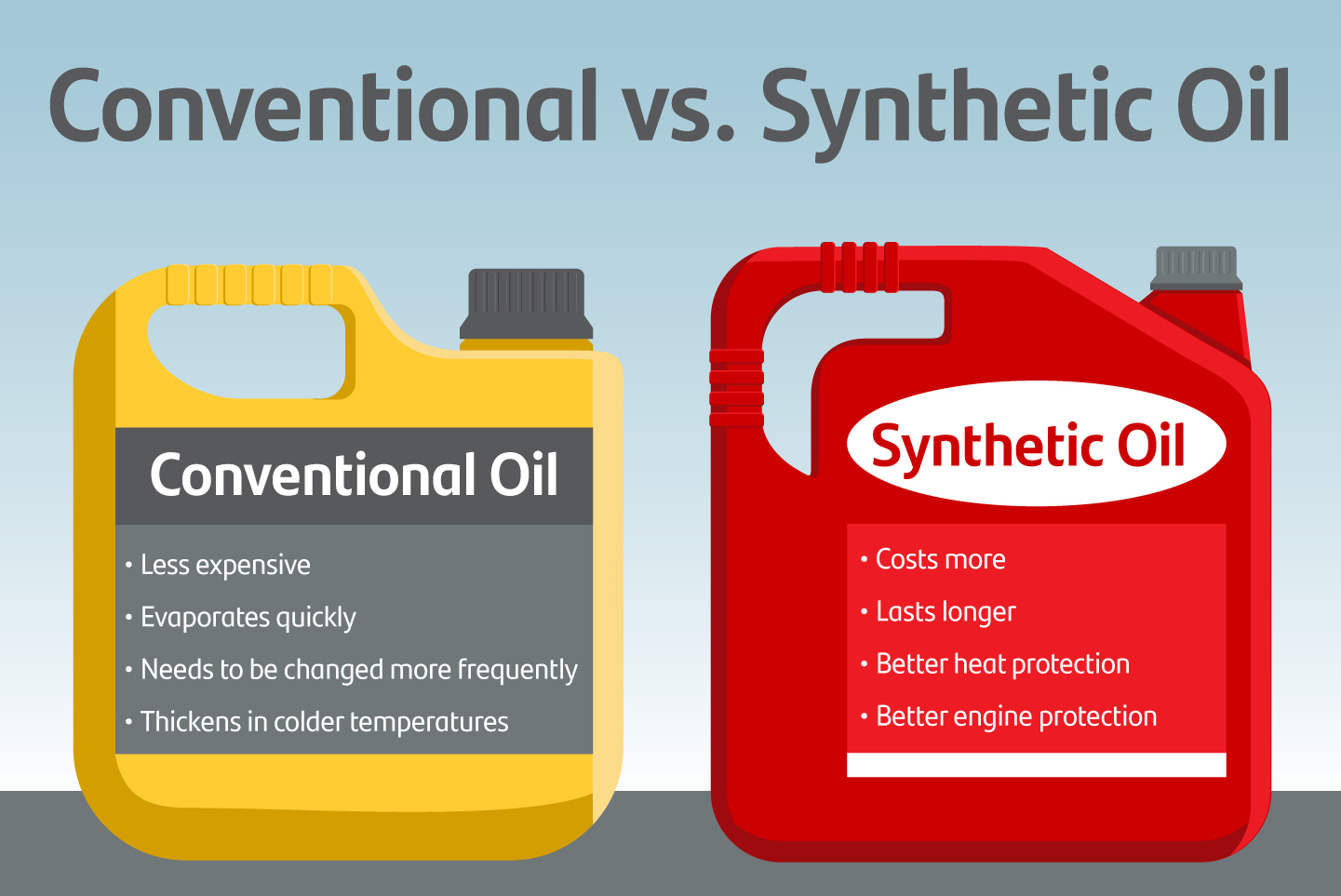Blog
Everything You Need to Know About Synthetic Oil Changes

“`html
Everything You Need to Know About Synthetic Oil Changes
Estimated Reading Time: 5 minutes
Key Takeaways
- Synthetic oil changes provide enhanced performance and fuel efficiency.
- Regular oil changes are crucial to prevent engine damage.
- The cost of synthetic oil changes varies based on several factors.
- Long-term benefits can outweigh the initial costs of full synthetic oil changes.
Table of Contents
- Introduction
- Cost Factors of Synthetic Oil Changes
- Comparison of Full Synthetic Oil Change Price vs Regular Synthetic Oil Change Price
- Tips for Saving Money on Synthetic Oil Changes
- Conclusion
- FAQ
Introduction
A synthetic oil change involves using a man-made lubricant instead of traditional crude oil-based products. This type of oil change is known for its superior performance and benefits, making it a popular choice among vehicle owners. The increased interest in synthetic oil is due to its ability to improve engine performance and overall longevity.
Synthetic oil change offers numerous advantages, including improved fuel economy. According to a study conducted by AAA, switching to synthetic oil can lead to a 2% increase in fuel efficiency. This can result in significant savings on gas over time, making it a cost-effective option for long-term maintenance.
Regular oil changes are crucial for keeping your vehicle running smoothly and efficiently. Neglecting this essential maintenance task can lead to engine damage and costly repairs down the line. By prioritizing synthetic oil changes, you can ensure that your vehicle’s engine remains in top condition for years to come.
Cost Factors of Synthetic Oil Changes
The price of a synthetic oil change can vary depending on several factors, including the quality of the oil, the type of vehicle, the location of the service, and any additional services included in the price. Consumer Reports has conducted a study comparing different brands of synthetic oil and their prices, helping consumers make informed decisions when choosing the right product for their vehicle.
Comparison of Full Synthetic Oil Change Price vs Regular Synthetic Oil Change Price
When comparing the price of a full synthetic oil change to a regular synthetic oil change, it’s essential to consider the differences in cost and the benefits of each option. While full synthetic oil changes may be more expensive upfront, they offer long-term benefits that can ultimately save you money in the long run. According to a survey by J.D. Power, the use of full synthetic oil can lead to improved engine performance and longevity, reducing the need for costly repairs.
Tips for Saving Money on Synthetic Oil Changes
If you’re looking to save money on synthetic oil changes, there are several strategies you can implement:
- Look for promotions or discounts offered by service providers.
- Consider purchasing oil change packages to take advantage of potential savings.
- Assess the cost difference between DIY oil changes and professional service.
A survey conducted by the Department of Energy found that professional oil changes may cost more upfront, but they can help prevent costly mistakes and ensure that your vehicle remains in optimal condition.
Conclusion
In conclusion, synthetic oil changes offer numerous benefits for vehicle owners looking to improve engine performance and fuel efficiency. By prioritizing regular oil changes and investing in high-quality synthetic oil, you can ensure that your vehicle remains in top condition for years to come. Remember to focus on quality over price when it comes to synthetic oil changes, as the long-term benefits far outweigh the initial cost. Make sure to stay informed on the latest research and findings to make the best decisions for your vehicle maintenance.
FAQ
What are the main benefits of synthetic oil changes?
Synthetic oil changes provide improved engine protection, better fuel efficiency, and longer oil change intervals compared to conventional oil.
How often should I change my synthetic oil?
It is typically recommended to change synthetic oil every 7,500 to 10,000 miles, but always check your vehicle’s manual for specific guidelines.
Can I switch from conventional oil to synthetic oil?
Yes, you can switch to synthetic oil at any time, but it’s best to do so after an oil change to avoid mixing different types of oil.
“`

